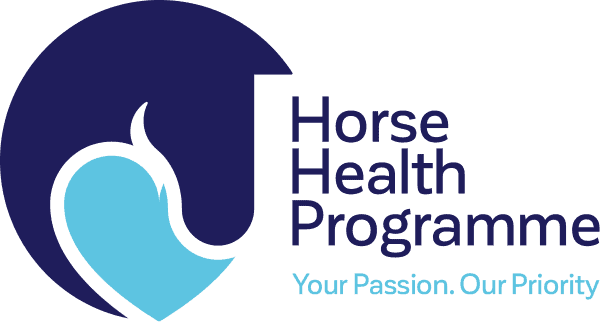Antibiotic resistance
Start your search
Antibiotic resistance is increasing throughout human and veterinary medicine, and at the same time there are no new classes of antibiotics being produced. This means that there is an increasing population of “superbugs” which are resistant to many or all antibiotics. This may lead to longer recovery times, or in some cases it may unfortunately result in some multi-resistant infections not responding to antibiotic treatment at all.
The British Equine Veterinary Association (BEVA) is asking for all horse owners to support their vets efforts to reduce the risk of antimicrobial resistance, by better understanding where and when antibiotics are required.
How can we slow down the development of antibiotic resistance?
- Support your vet when they take swabs or samples for bacterial culture and sensitivity. This directs the choice of appropriate antibiotics and prevents unnecessary use of antibiotics if the bacteria are resistant. This will result in a more successful treatment and identify resistant bacteria, without promoting the development of more resistant bacteria.
- Only use antibiotics which have been specifically prescribed for your horse for its current condition.
- Contact your vet promptly if the condition is not improving.
- Ensure your horse receives the full dose each time and contact your vet if not. Under dosing with antibiotics promotes the development of resistance.
- Do not try and persuade your vet to prescribe antibiotics if they tell you that they are not warranted at this time. Trust their clinical judgement!
- Always practice good hygiene to decrease contamination between horses and between horses and people, further reducing pressure to use antibiotics.





